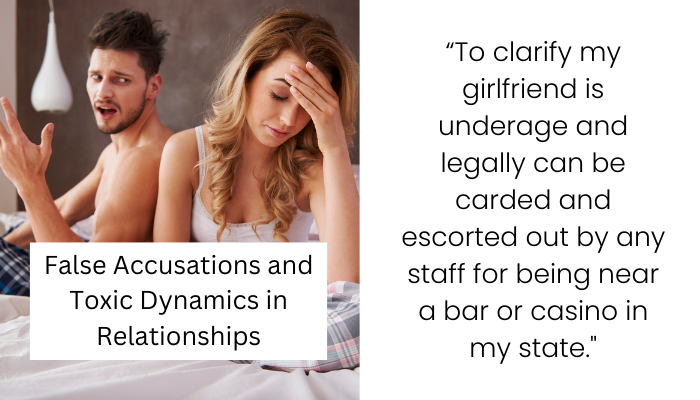Navigating False Accusations and Toxic Dynamics in Relationships
In intimate relationships, trust and communication are foundational. However, when these elements erode, misunderstandings can escalate into severe conflicts. A recent account highlights such a situation: a young man planned a brief outing to celebrate a friend’s partner’s birthday, with his girlfriend’s consent. Despite maintaining communication and limiting his alcohol intake, he returned home to unexpected hostility. His girlfriend accused him of infidelity based on a group photo and discarded the meal he brought her. The confrontation intensified, leading to her departure and subsequent false allegations of physical abuse against him. This narrative underscores the profound challenges posed by false accusations and the complexities of managing toxic relationship dynamics.
Some people end up in toxic relationships

A man had to deal with the unreasonable behavior of his girlfriend, who seemingly had a massive issue with him going on a night out








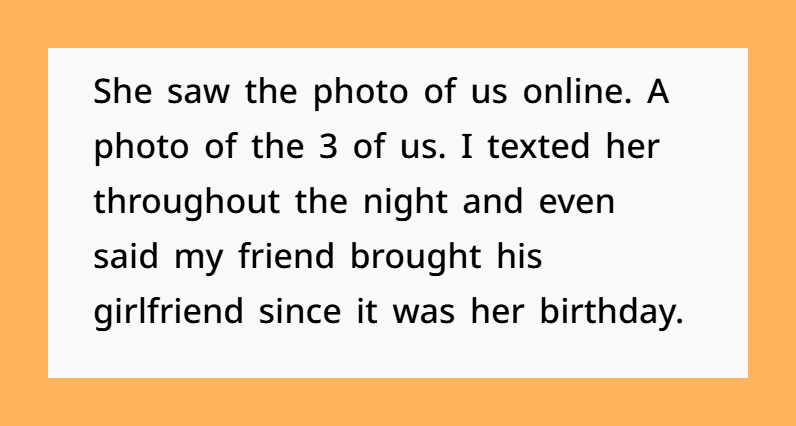
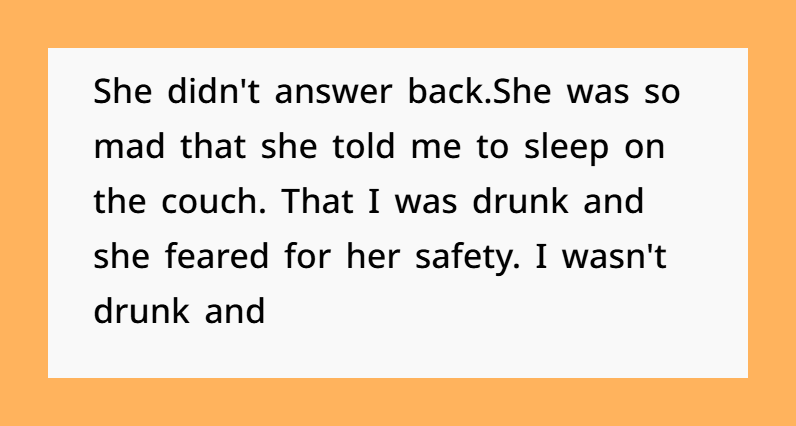
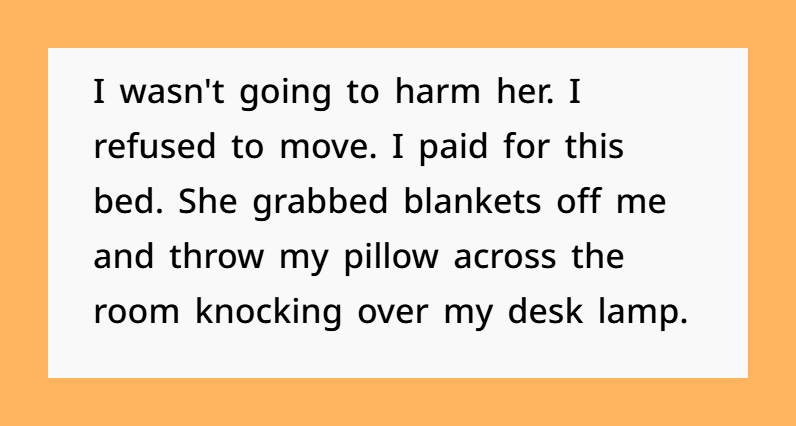
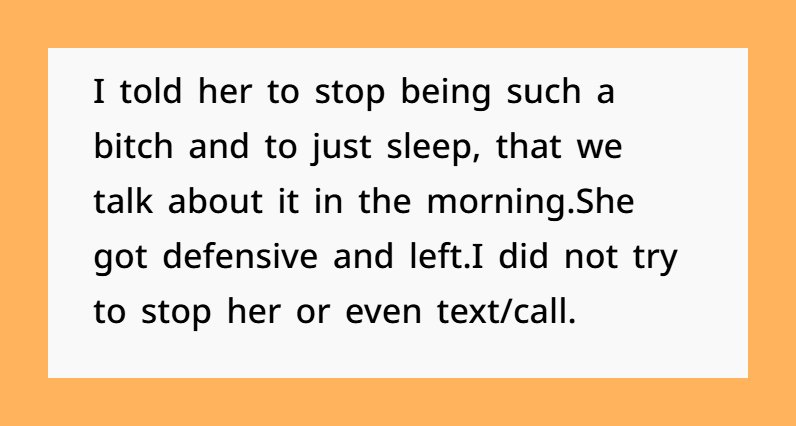


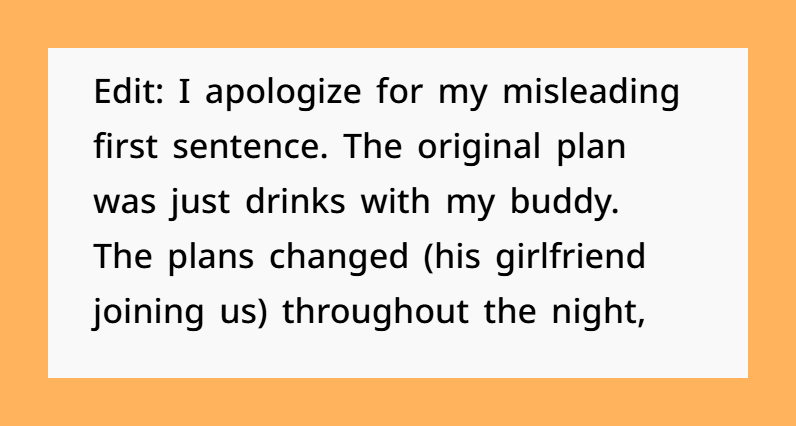

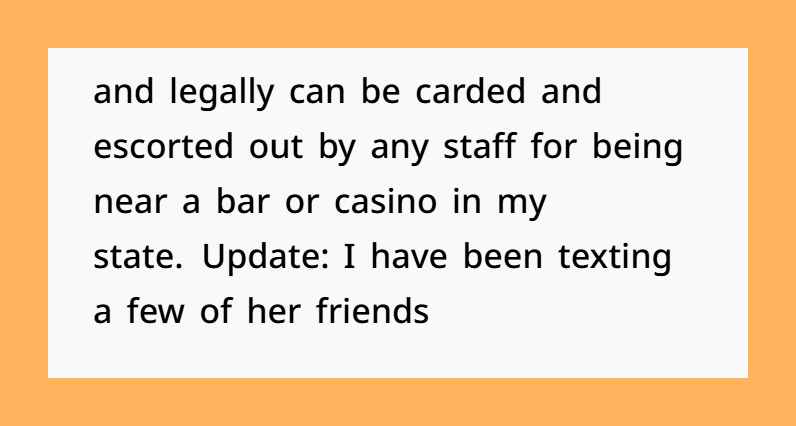




Understanding False Accusations and Managing Toxic Relationships
The Psychological Impact of False Accusations
False accusations in intimate relationships can inflict deep psychological wounds. Being unjustly accused can lead to feelings of betrayal, anxiety, and depression. Over time, recurrent false allegations may erode self-esteem and trust, potentially culminating in emotional abuse. It’s crucial to recognize that while a single misunderstanding might be incidental, persistent unfounded accusations often indicate deeper relational issues. Joel Mann Law+9DiCindio Law+9Marriage.com+9Psych Central
Legal Consequences of False Allegations
Beyond emotional distress, false accusations, especially those alleging domestic violence, can have severe legal ramifications. In certain jurisdictions, individuals making false claims may face charges such as “wasting police time” or “perverting the course of justice.” For instance, in the UK, over a five-year span ending in 2014, 109 women were prosecuted for offenses related to making false rape accusations. While the legal system aims to protect genuine victims, it also recognizes the gravity of false claims and their potential to undermine justice. Flaherty & MerrifieldWikipedia
Case Study: The Sarah Jane Parkinson Incident
A notable example of the devastating impact of false accusations is the case of Sarah Jane Parkinson in Australia. Parkinson falsely accused her fiancé, Daniel Jones, of rape and domestic abuse, leading to his wrongful imprisonment. Subsequent investigations revealed the falsity of her claims, resulting in her conviction and imprisonment. This case underscores the profound personal and legal consequences that can arise from deceitful allegations. Neal Davis Law Firm+9Wikipedia+9Wikipedia+9
Strategies for Addressing False Accusations
- Seek Legal Counsel: Engaging an experienced attorney is paramount. They can guide you through the legal intricacies, safeguard your rights, and help build a robust defense. Law Office of Peacock & LeBeau
- Document Interactions: Maintain detailed records of all communications with your partner, including texts, emails, and call logs. This documentation can serve as crucial evidence if disputes escalate. Law Office of Peacock & LeBeau
- Limit Direct Contact: If tensions rise, consider reducing direct interactions to prevent further misunderstandings. Techniques like the “gray rock” method, which involves remaining unresponsive and unengaged, can be effective in managing interactions with manipulative individuals. Vogue
- Seek Support: Lean on trusted friends, family, or professional counselors to navigate the emotional turmoil. They can offer perspective, guidance, and emotional reinforcement during challenging times.
Recognizing and Managing Toxic Relationship Patterns
Toxic relationships often feature patterns of manipulation, control, and emotional abuse. Recognizing these signs is the first step toward addressing them:Psychology TodayVerywell Mind
- Projection: Toxic individuals may project their insecurities onto their partners, accusing them of behaviors they themselves exhibit. Psychology Today
- Love Bombing: This involves overwhelming a partner with affection and grand gestures to establish control, often followed by periods of devaluation. Them
- Silent Treatment: Using silence as a form of punishment or control can be a manipulative tactic, leading to feelings of isolation and low self-worth in the recipient. SELF
Most people sided with the author, with some advising him to “save himself legally”


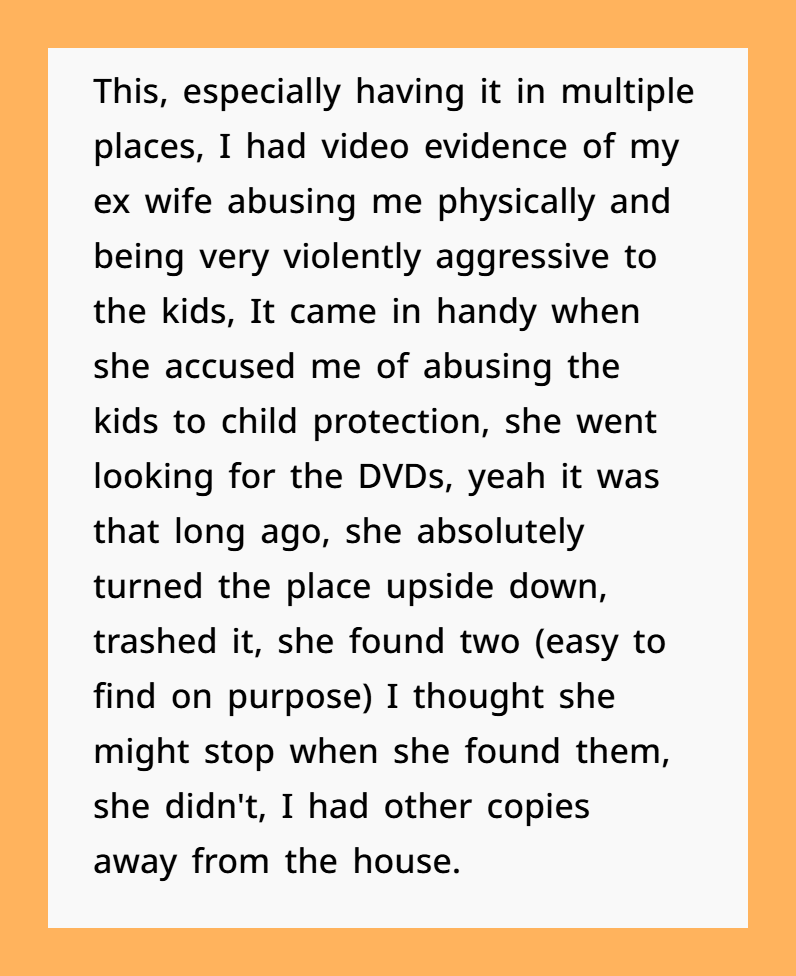
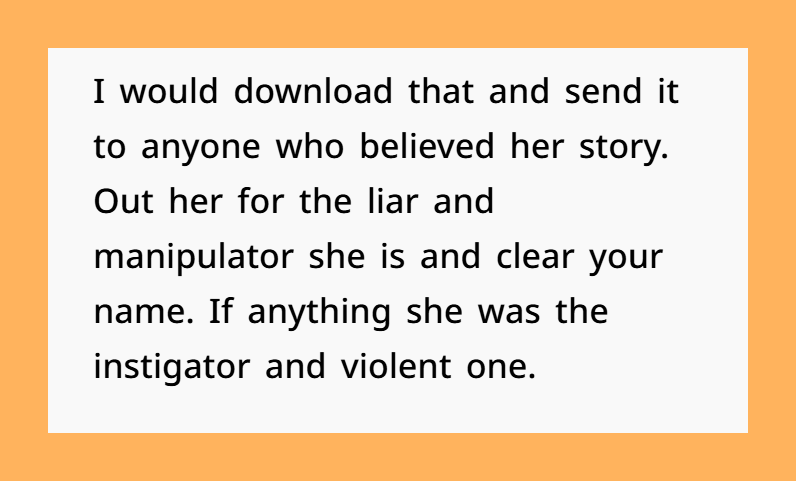
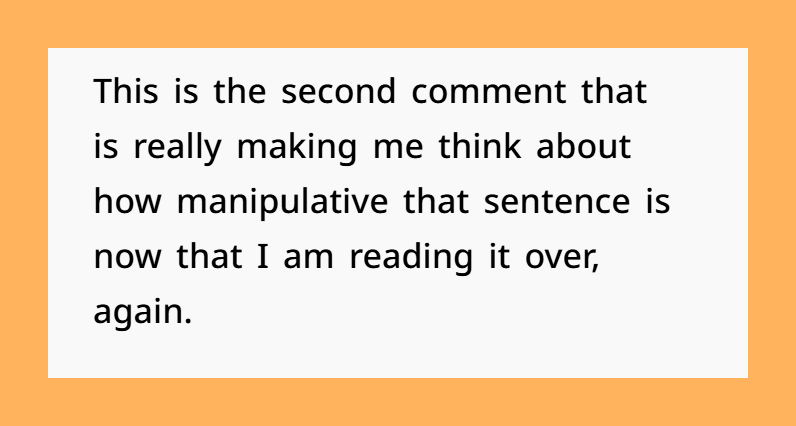
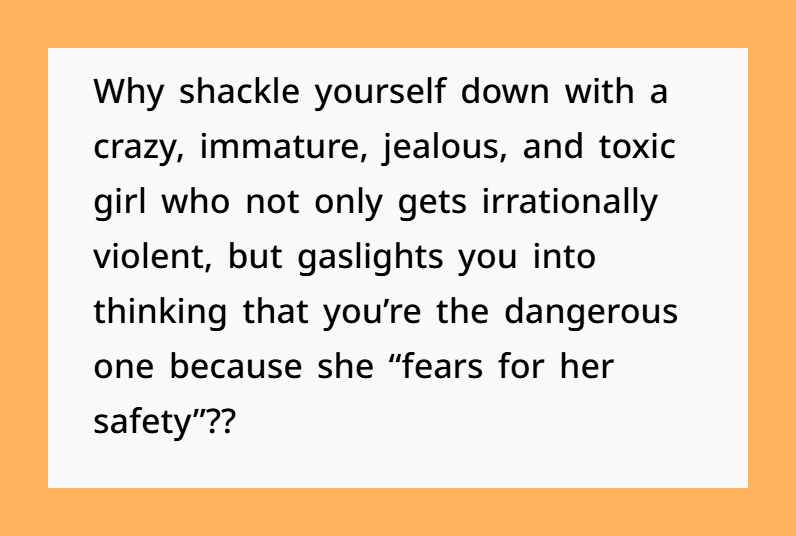
Navigating false accusations and toxic dynamics in relationships requires a multifaceted approach, encompassing legal awareness, emotional resilience, and proactive communication. By understanding the underlying issues, seeking appropriate support, and implementing effective strategies, individuals can protect themselves and work toward healthier relational dynamics.

